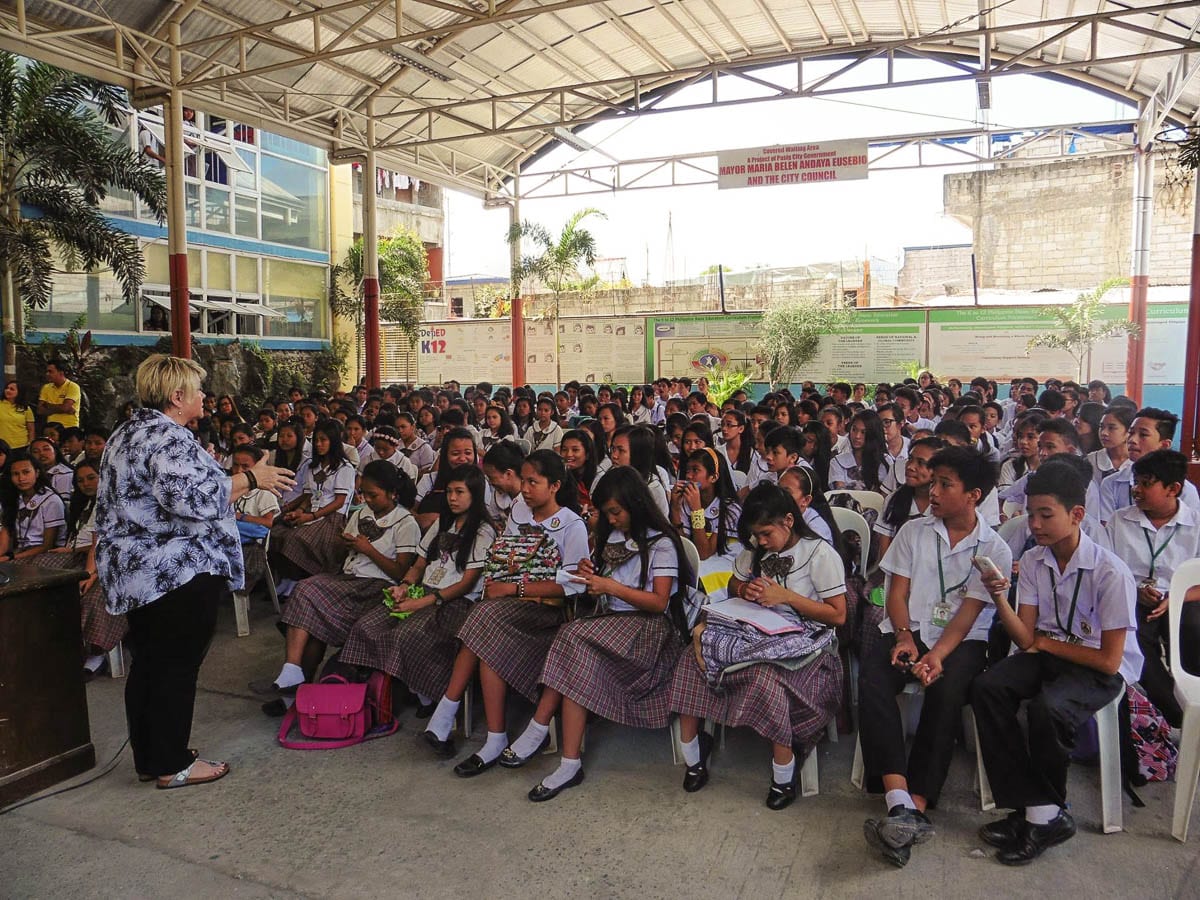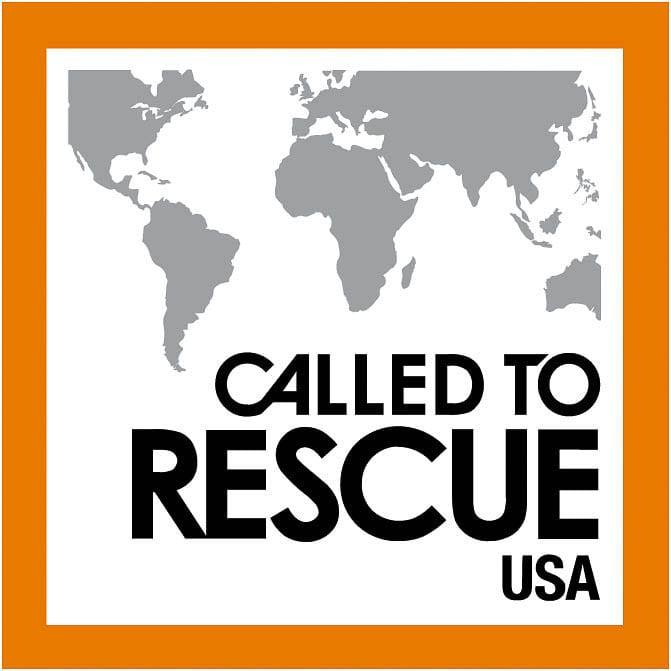Vancouver-based organization advances the fight against human trafficking
VANCOUVER — Dr. Cyndi Romine knew what she was seeing, but didn’t want to.
Her and her husband paddled down a river in the vast tropical rainforest of the Philippines. It was one of her first times in the nation of islands.
As they glided past the shoreline, she looked over and witnessed the monetary exchange of a human being. A girl, perhaps 3-years-old, sold to a white man. Horrified, she then watched him rape the little girl.
She was never the same, and neither was the world.
“Only God can lead you to a missing kid,” she said. “I mean, there’s no way you can find this needle in the haystack. He rushes in to point you in the right direction and off you go, and you’ve got ‘em. And, you know, hopefully you also get the bad guy.”

In the early 1990s, shortly after her experience in the Philippines, Romine and her husband founded Called To Rescue (CTR). Today, the Vancouver-based organization is active in multiple countries, including the Philippines and the U.S. They have rescued more than 1,500 children in the last three years.

CTR uses training, education and groups of volunteer task forces to locate and help missing children and children who are at risk for becoming trafficked. They also put on events to give children resources and knowledge about how to keep themselves safe.
Prior to the pandemic, these groups of volunteers and educational events were continuing, but now the organization has struggled to adapt to a virtual world. Partnerships with people in the community and abroad, for financial support continue to be a strong element but their success, with the group’s annual banquet unable to take place in 2020.
“I think the community, whenever they can be out in public, they need to watch for things that they see, that they say ‘I don’t think that’s right, what’s happening right there,’” Romine said. “Then they need to be brave enough to call 911. That in and of itself doesn’t help Called To Rescue but it helps the community.”
Romine said she feels that many people may not realize, or even overlook, that the work done by CTR is also incredibly relevant here in the United States.
According to the National Criminal Justice Service Referance, an estimated 14,500 to 17,500 foreign nationals are trafficked into the United States each year, with an additional estimated 200,000 American children at risk for trafficking into the sex industry.
Romine said she feels somewhat discouraged by the difficulty level in continuing to educate parents during the pandemic. She mentioned how she has had many parents speak with her in recent months about finding pornography or inappropriate conversations with unknown people online on their child’s school-issued iPad.
Such activity is supposed to be restricted on iPads given to students for remote learning, but a quick Google search reveals how easy it is to disable many of these.
“This is the worst thing that possibly could have happened to our children, and most people don’t even have a clue,” Romine said. “They’re not going into their kids’ iPads and saying, ‘Okay, let me check the history and let me put all of the iPads and phones and computers in my bedroom every night when I go to sleep.’ They’re not doing that because they think that their kid would never do it.”

Romine encourages all parents to find creative ways to connect and spend time with their children as they are able. The concern is that many children are driven to more risky behaviors and situations out of boredom, and even spending time with kids on a walk can make a huge difference, she said.
Whenever she can, Romine takes small groups of people out on the streets of Portland to help look for missing children. Just before the epidemic began, she was out looking for a young girl who had run away from home.
After speaking with several homeless people, she found out where the girl was, and called 9-1-1 on her way to talk to her. An officer met her at the location, and she was able to talk with the girl before reaching out to the girl’s mother.
The first thing the girl asked her mother was if she still wanted her. She did.
“That’s a win, win, win, win for me. One kid being able to go home and figuring out a way to get there,” Romine said. “A lot of times, especially the runaways, they’re gonna be targeted for trafficking. So if we can get them as soon as they get on the street, we can get them out of that before they ever get in.”
Romine said she respects the need for safety measures when it comes to battling COVID-19, but also said she feels children need school and community more than ever right now. Her hope, she said, is to continue putting the resources in place to help one child at a time.
“We have to be, as a community, the protectors of our own children,” she said. “I do believe we all have that responsibility. Obviously the parents have the number one responsibility, but when parents are working full time, their kids are home and night school, there’s things that we have to take responsibility for if we see something going wrong.”
To learn more about Called To Rescue and partner with them, visit their website or like and follow them on Facebook.




